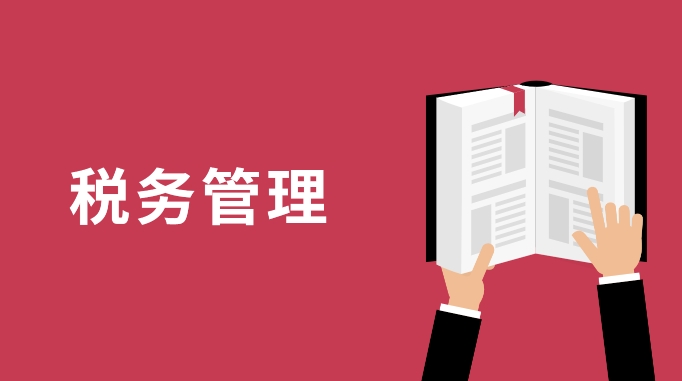

At the “Belt and Road initiative” Tax Collection and Management Cooperation Forum held in Wuzhen in April 2019, the tax authorities of 34 countries and regions jointly signed a memorandum of understanding and established the “Belt and Road” tax collection and management cooperation mechanism.
First, adhere to goal orientation and promote sustainable growth. The construction of the "Belt and Road" inherits the spirit of the ancient Silk Road, and focuses on forming a new pattern of all-round opening up. The original intention and highest goal is to build a community with a shared future for mankind. As a standardized and institutionalized official multilateral tax cooperation platform jointly initiated, negotiated and jointly established by countries and regions along the “Belt and Road”, the collection and management cooperation mechanism should focus on improving tax certainty, adhering to the rule of law, speeding up tax dispute resolution, Simplify tax compliance, digitize tax collection and management, improve tax collection and management capabilities, etc., focus on building a growth-friendly tax environment, and play a positive role in eliminating trade and investment barriers, promoting economic and trade smoothness, and achieving the United Nations 2030 Sustainable Development Goals.
Second, adhere to equality orientation and promote voluntary cooperation. The “Belt and Road” initiative emphasizes the principles of extensive consultation, joint contribution and shared benefits, which are also principles that must be adhered to in advancing the collection and management cooperation mechanism. Countries along the “Belt and Road” include both developing countries and developed countries. Countries should, on the basis of respecting each other’s tax sovereignty and differences in domestic tax law systems, conduct tax collection and management cooperation on an equal and voluntary basis. The cooperation between the tax authorities of countries along the “Belt and Road” not only provides tax services for Chinese investors to go abroad and conduct foreign trade, but also provides services for other countries to invest and conduct trade in China.
The third is to adhere to the normative orientation and promote the improvement of the foundation of the tax system. Establishing a standardized and transparent tax system is not only an inevitable choice for countries along the “Belt and Road” to improve governance, but also a prerequisite for the smooth advancement of the collection and management cooperation mechanism. The in-depth advancement of the "Belt and Road" construction, as well as major factors such as Sino-US trade frictions, may cause profound changes to the layout of the global industrial chain, and the international distribution and flow of tax sources and tax bases will also undergo dramatic changes. Therefore, the "Belt and Road Initiative" The tax systems of countries along the route, including China, need to be adjusted accordingly to accommodate this change.
Fourth, adhere to a pragmatic orientation and promote the common improvement of collection and management capabilities. The tax collection and management cooperation mechanism is positioned as a multi-lateral official tax cooperation platform. According to the current organizational structure, it has actually taken the initial form of an international tax organization. Whether it is necessary to start the creation of multilateral tax collection and management rules in a stable organizational form requires careful research and pragmatic decision-making. Make full use of the achievements of international rules such as the Multilateral Convention on Mutual Assistance in Tax Administration, the Common Reporting Standard (CRS) and the Multilateral Convention on Base Erosion and Profit Shifting (BEPS), and then examine whether a simplified and pragmatic version of the Belt and Road is needed. Countries along the “Belt and Road” need to communicate with each other and learn from each other in improving their collection and management capabilities. China can introduce its practices, achievements, experiences and existing challenges in the reform of the tax collection and administration system, value-added tax reform, application of information technology, large-scale tax reduction and fee reduction, and optimization of the tax business environment, so as to provide reference for other countries. It can also provide substantive professional and technical support according to the needs of other countries to help them improve the standardization of taxation and collection. Continue to cooperate closely with the "soft law" of the collection and management cooperation mechanism and the "hard law" of the tax system, achieve the effect of combining rigidity and flexibility, effectively promote the resolution of taxation problems in cross-border investment and trade, improve the efficiency of resource allocation, and enhance the economic vitality of the "Belt and Road" countries.

An Analysis of the Impact of the Four Major Changes in the New “Company Law” on Corporate Tax Management
2024-01-25read:170second

As the Country Regulates the Implementation of the New PPP Mechanism, What Are the Key Points in Tax Management?
2024-01-25read:155second

Transportation Expense Reimbursement and Deduction of Input Tax, These Precautions Must Be Understood!
2024-01-12read:181second
This website uses cookies to ensure you get the best experience on our website.